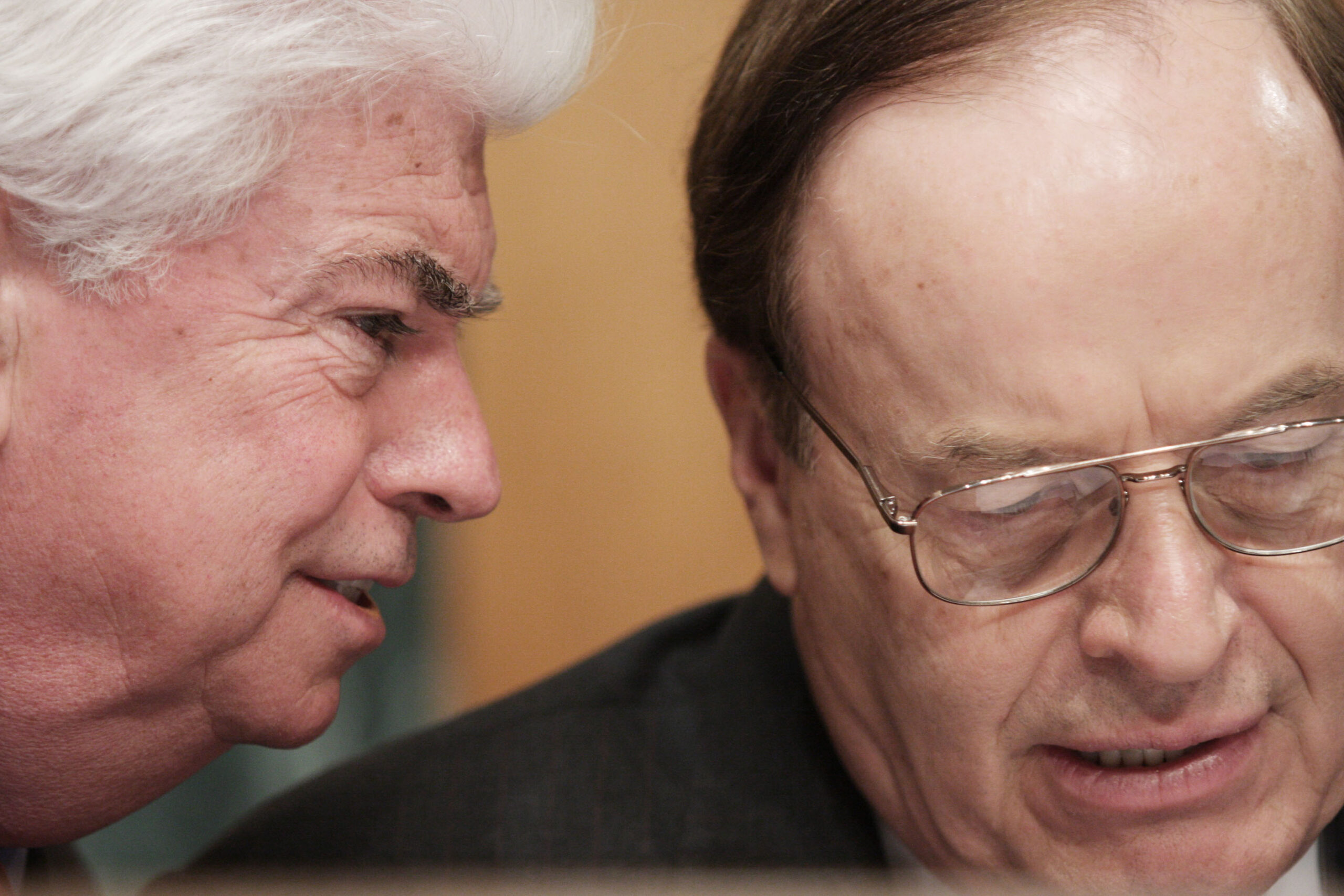Richard Shelby, the ranking Republican member of the Senate Banking Committee, responds to Chris Dodd’s declaration of of reaching an “impasse” in his efforts to craft bipartisan consensus on financial regulatory reform.
“There are two bedrock principles on which I will not compromise: the safety and soundness of the financial system and taxpayer protection against bailouts. I fully support enhancing both consumer protection and safety and soundness regulation. I will not support a bill that enhances one at the expense of the other, however. In order to strike the appropriate balance they must be integrated with each other, not separated from each other.
“Consumer protection is not the only issue that remains unresolved. We must craft a resolution regime that ensures taxpayers will never again bear the losses for risks taken in the private marketplace. I will not agree to any legislation until I am satisfied this goal is also achieved. “
The smartest thing to do would be dismiss Shelby’s statement as mere boilerplate. Who could disagree with the principle that taxpayers never again bear the costs of bailing out Wall Street? Heck, if that’s all that slowing progress down, I’m sure good men and women of sturdy resolve can come up with a satisfactory solution.
However, as Simon Johnson never tires of reminding us, simply coming up with a “resolution regime” for financial institutions run amok isn’t going to solve the fundamental problem of having too-big-to-fail banks in the first place. If they’re too big to fail, no “resolution authority” is going to simply wave away the damage that their collapse will do to the larger economy, no matter how smoothly their dissolution is handled. If we want to keep taxpayers from footing the bill, then we’ve got to reduce the size and interconnectedness of these institutions. But that, alas, doesn’t seem to be the kind of thing that either Democrats or Republicans have the stomach for.

